What TVs Support Roku Devices?

Roku products are among the most popular streaming devices that you can find out there, and they’re popular for a good reason. They can be divided into two main categories: Roku TVs and Roku streamers. As peripheral components, all Roku streaming devices need a TV in order to work.
So, what TVs do Roku devices work on? Can you plug them into any old TV out there and expect them to work? No, Roku devices don’t work on just about any television device on the market.
Why Not Any TV?
Well, this might feel a bit trivial and redundant, but TV technology has progressed tremendously over the last ten or so years. Of course, a Roku device won’t work on a cathode-ray tube TV, but this doesn’t really come as a surprise.
However, even some modern TVs don’t support Roku devices. For one, if your TV screen or computer monitor uses a VGA connection, you may not be able to use Roku on it, even if you do get a proper converter. This is to be expected, really, as the VGA technology has long become outdated.
What’s more, even if your Roku device does work on your TV, you may not be able to gain access to some important features; some TVs are more powerful and can run certain high-end resolutions, while others may be problematic in this sense.
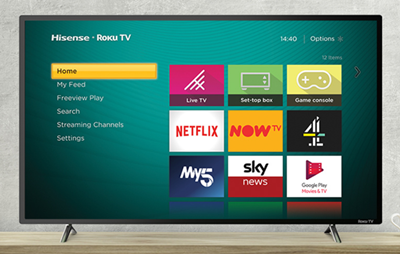
What TVs Are Supported?
So, clearly, not all TV sets and brands are supported on Roku devices. So, which models are we talking about here? Will a Roku device work on a Samsung TV? Will it work on an LG? How about a Spectra TV?
The answer here has nothing to do with TV brands and Roku device types.
Roku TV
First of all, it might come off as a bit of an eyebrow-raiser, but it is important that you note that Roku streamers are supported on all Roku TV devices. Yes, yes, you are probably wondering why this would even be an option for consideration. If you own a Roku TV, you can access all Roku content, right?
Yes. If you have a Roku TV, all Roku content will be available to you, just as it would be if you were using a different brand of TV with a Roku streamer. So, why would you ever plug in a Roku device into your Roku TV? Well, first of all, because some Roku streamers give you a much better Roku experience than some Roku TVs. This includes faster response times and a smoother user experience.
Secondly, some Roku TVs might not have all the features that a Roku streamer can offer. And, buying a new Roku streamer to keep up with the latest releases is a much cheaper alternative to buying a new Roku TV.
HDMI TVs
So, what other, more mainstream, brands have decided to embrace Roku? Pretty much, all brands out there. The only thing you need in order to use any Roku device is an HDMI-capable television set. This was honestly a no-brainer, on Roku’s part, as every modern TV device features an HDMI port or two.
So, as long as your TV has an HDMI, you’re good with Roku.
Other Features
So, if any HDMI port is able to run a Roku device, there’s nothing else to discuss, right? Not quite. While all you need in order to run a Roku streamer on your TV is an HDMI port, some features may not work on all TVs out there.
For one, if your TV isn’t 4K HDR-capable, it won’t matter whether your Roku device is. Even if it somehow is 4K compatible, you won’t be able to use this feature on your Roku streamer if your TV isn’t equipped with an HDMI 2.0 input that also supports HDCP 2.2.
So, if you’re looking to buy a 4K HDR Roku device, take a look at your TV set first, as it may not support 4K HDR or may not have HDMI 2.0 with HDCP 2.2 support. All of this information can be found online, as long as you know the make and model of your TV.
Another thing to consider would be your internet connection. If your TV isn’t capable of connecting to the internet, your Roku device will connect to your TV but you won’t really be able to stream anything. Of course, if you want to stream in 4K, you’ll need a fast and stable connection.
4K HDR
As you can see, 4K HDR capabilities tend to be hugely important. If you don’t see the “4K HDR” label on your TV’s package, don’t start panicking just yet, because this doesn’t mean that your TV isn’t 4K HDR-ready. This is because different manufacturers tend to refer to the same technology in different ways. So, for Samsung TVs, the 4K HDR setting is called HDMI UHD Color, on Sony TVs you’ll find it as Enhanced mode, while LGs list this setting as HDMI ULTRA DEEP COLOR.
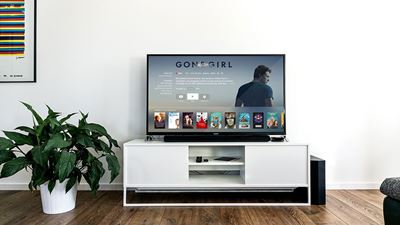
Roku and TVs
As you can see, as long as you have an HDMI-capable television set, you should be good, Roku-wise. Of course, if you want to go 4K HDR, you’ll have to see whether this feature is available on your set. Even if you have a Roku TV, you may want to upgrade it with a Roku streamer.
Is your TV HDMI-ready? Did you experience any issues with allegedly compatible TVs? Are you happy with your Roku experience? Feel free to join in on the discussion in the comments below and don’t refrain from asking a question or adding a tip or two.





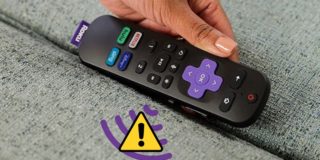
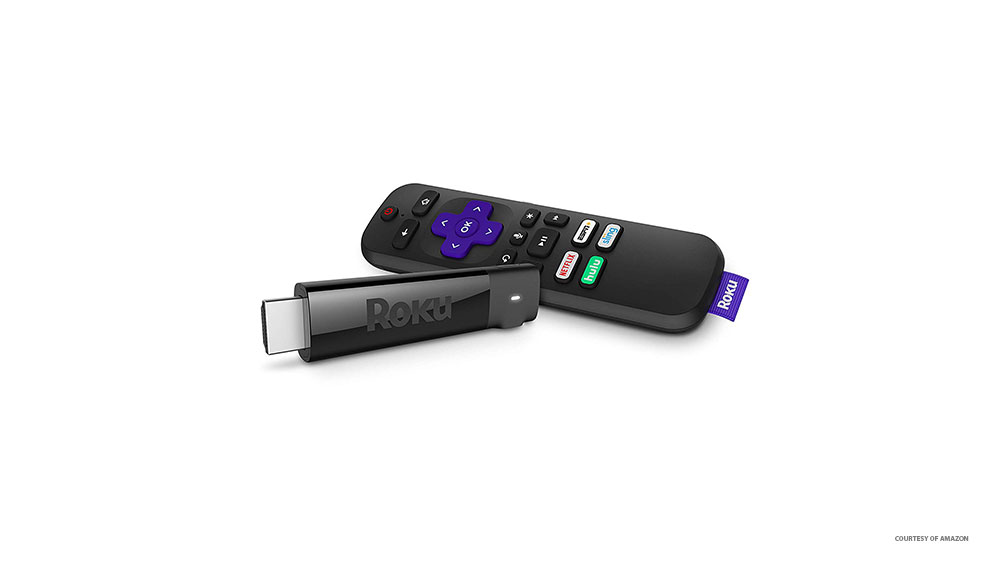
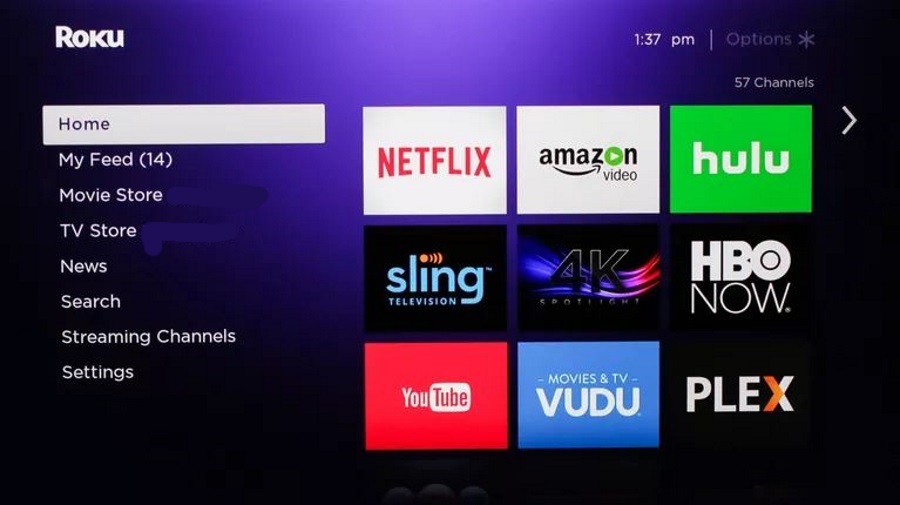








One thought on “What TVs Support Roku Devices?”